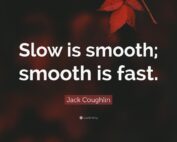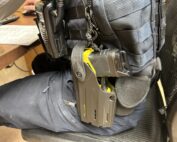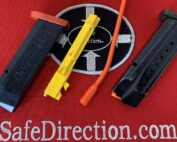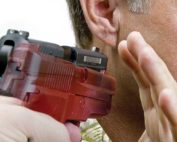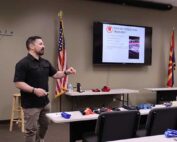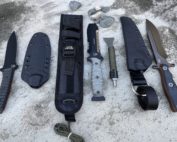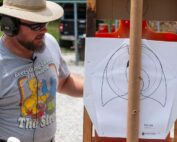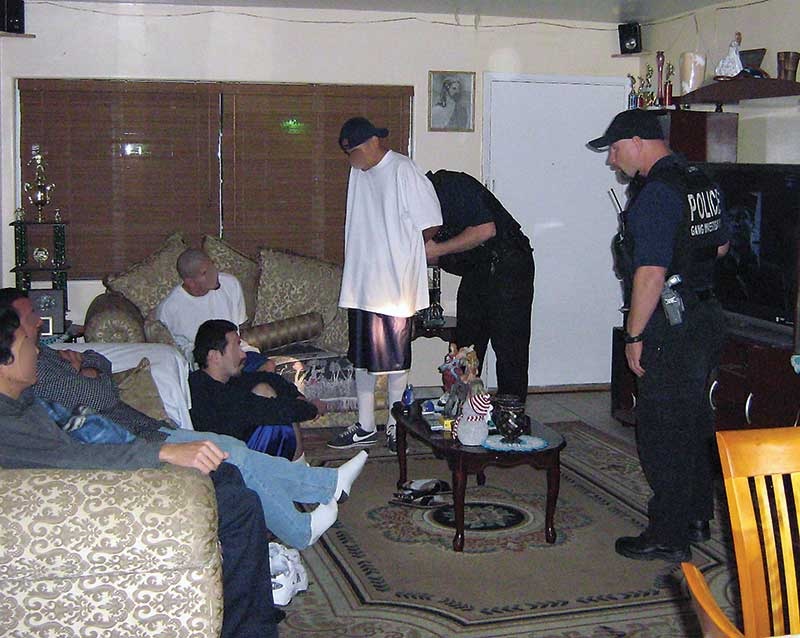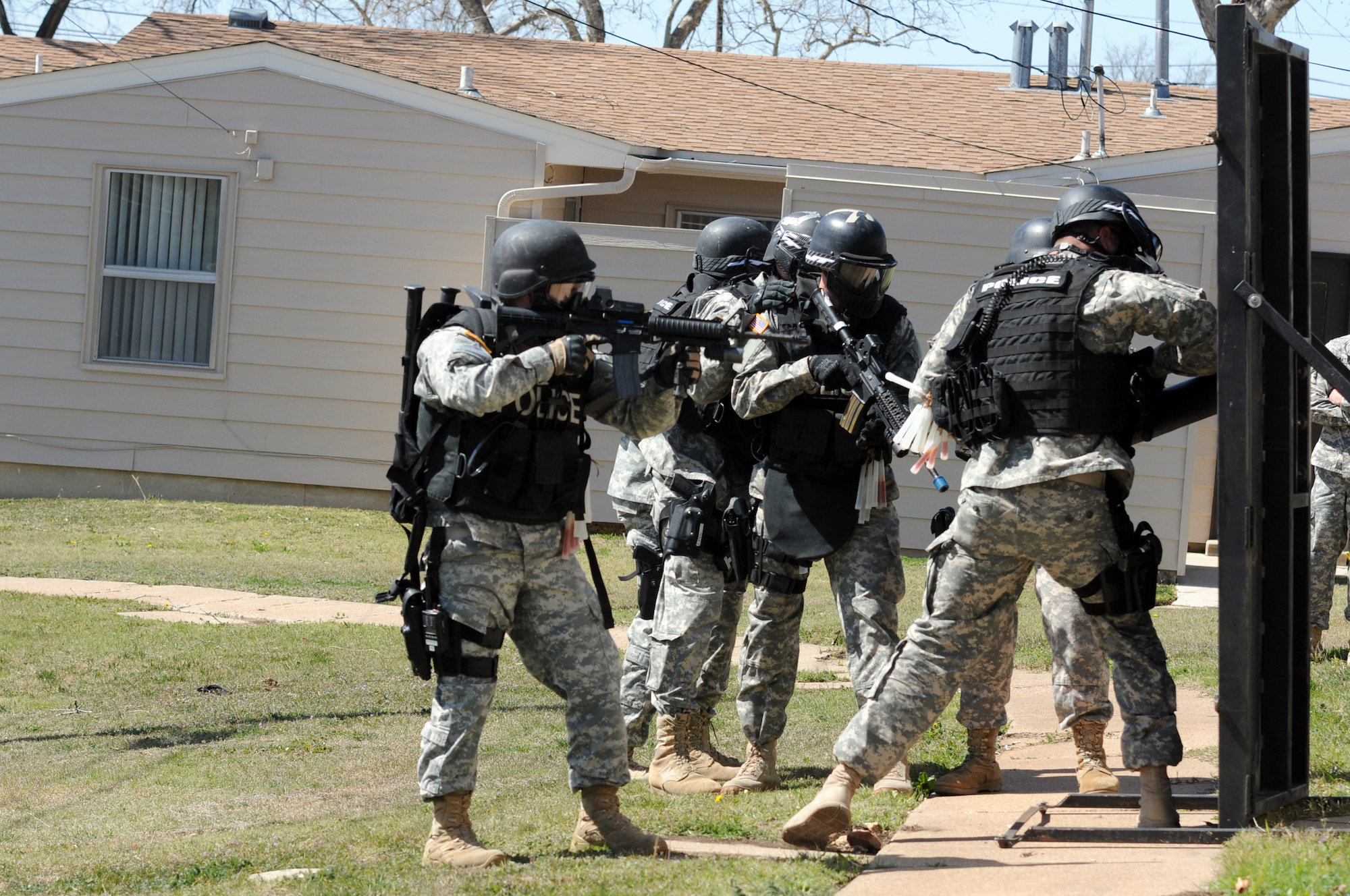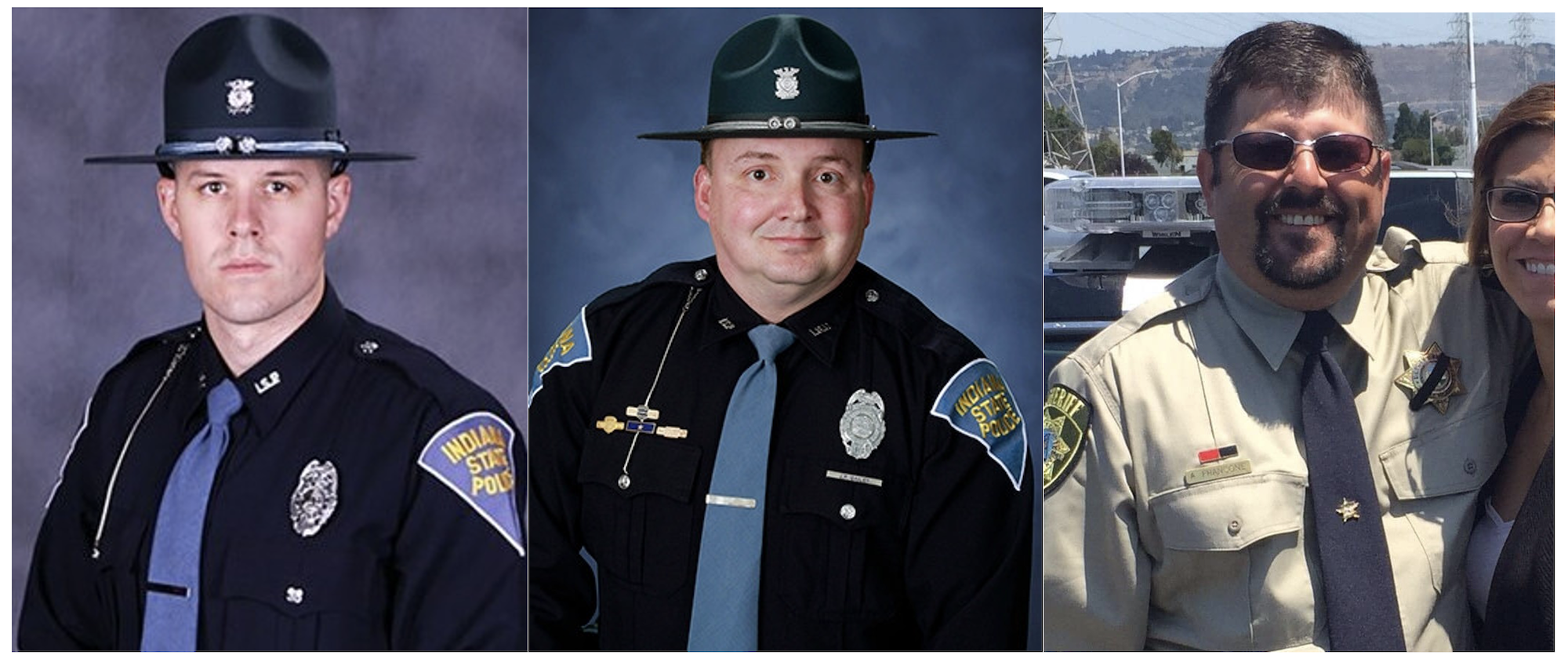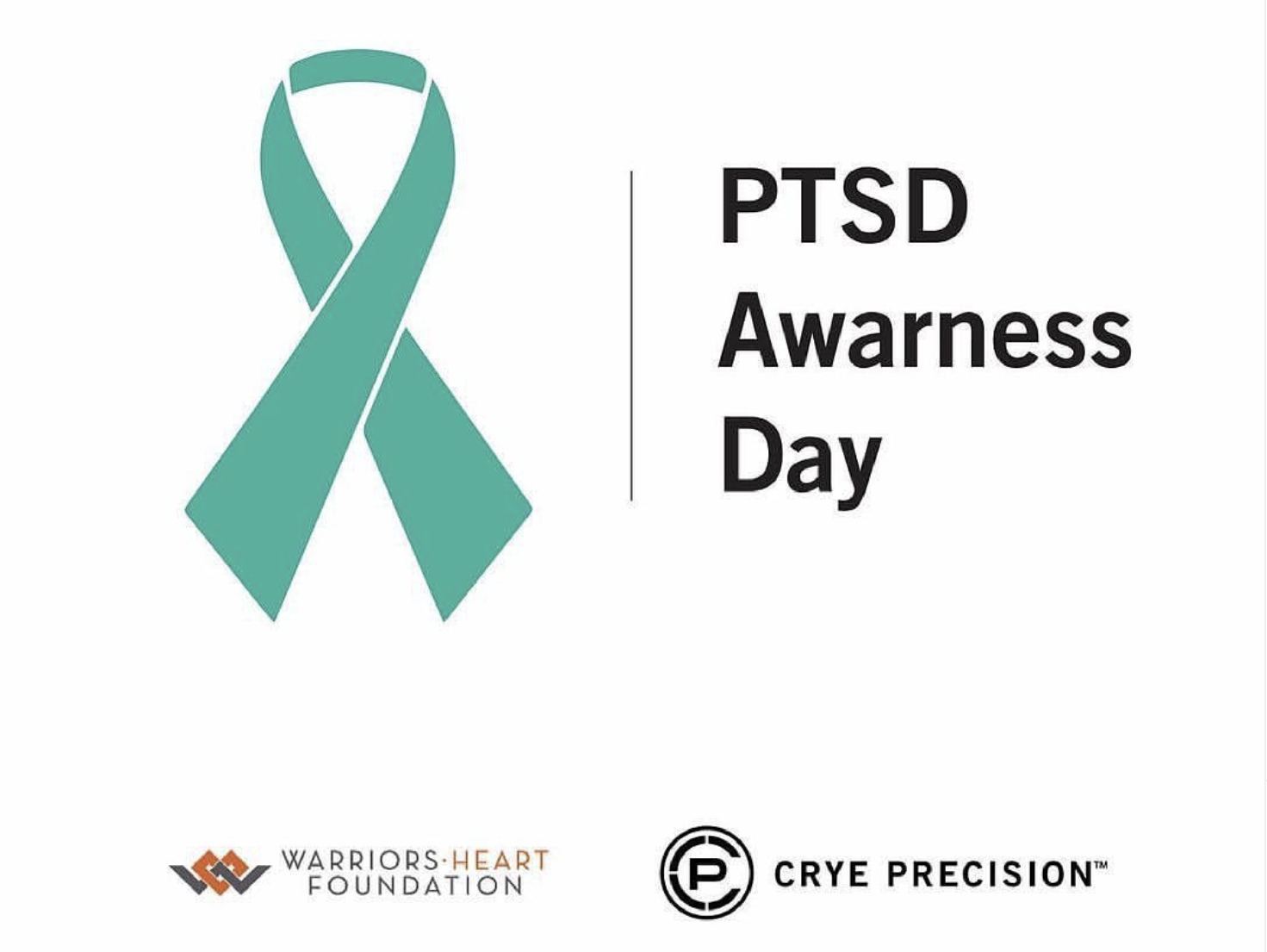
Screen Shot 2022-06-27 at 3.00.13 PM
Thanks to Warrior's Heart and Crye Precision for the graphic
Greetings! Thank you all for taking your time to visit AmericanCop, to read the work of our writers, and to support us. Time is the one thing you can’t get back. So, again, thank you for spending it here.
It has been a while since I have written an OpEd piece. But I need to this time around. Starting today and hopefully, over the next few months, you’ll see some articles that might not be the norm for a cop and gun magazine. This will be a series of articles addressing wellness, resilience, mental health, and counseling issues for officers.
It struck me as interesting that I’m finishing this piece and posting it on June 27th – National Post-Traumatic Stress Awareness Day.
The material applies to other first responders, it applies to anyone with a stressful job and you too – just look at the world we are living in. Things are pretty stressful now for everyone, just all the more so for our first responders.
The writers are all clinicians – psychologists, psychiatrists, or licensed counselors – who work with first responders. I reached out to the First Responder Support Network asking if anyone would be interested in writing on this topic for a cop and gun magazine. And these people were interested.
FRSN runs the West Coast Post-Trauma Retreat which addresses post-traumatic stress issues in the first responder community as well as spouses. After years of dealing with the aftermath of a critical incident, I went through their week-long retreat in 2019. Later that year I retired from a full career as a patrol sergeant – one that had started after time in the military, search & rescue, and EMS.
Post-Traumatic Stress doesn’t look like what the media has portrayed it to be, but it sure as hell can adversely impact your life.
For me, the driving issue was the aftermath of an officer-involved shooting I had been in several years before. The lawsuit lasted for years, local media and community “activists” constantly bring it up, it just never goes away. And every time it came back to the fore, it was another shot that I had to take – no pun intended.
I was attacked by the plaintiff’s counsel, the media, and activists for being a combat veteran, being a gun writer, as well as having sought out and attended a bunch of training plus assignments I’d had in my law enforcement career. Things that I had thought were good were portrayed as bad.
Back in 2020, GUNS Magazine editor Brent Wheat had me on the GUNS podcast to talk about the event (a little) and the aftermath (a lot). The episode, Surviving The Narrative, can be found here: https://gunsmagazine.com/podcast/41-how-to-survive-the-narrative-erick-gelhaus/
Collectively, “we” in the profession are doing a lot better at addressing this issue than we ever did. However, there are a lot more events and social conditions causing these types of stress than before too.
I hope you find the information in the coming articles helpful.
You need to take care of yourself. Pay attention to your co-workers. If you are a supervisor or administrator one of your most important jobs is to take care of your people.
The First Responder Support Network and the West Coast Post-Trauma Retreat can be reached via: www.frsn.org



